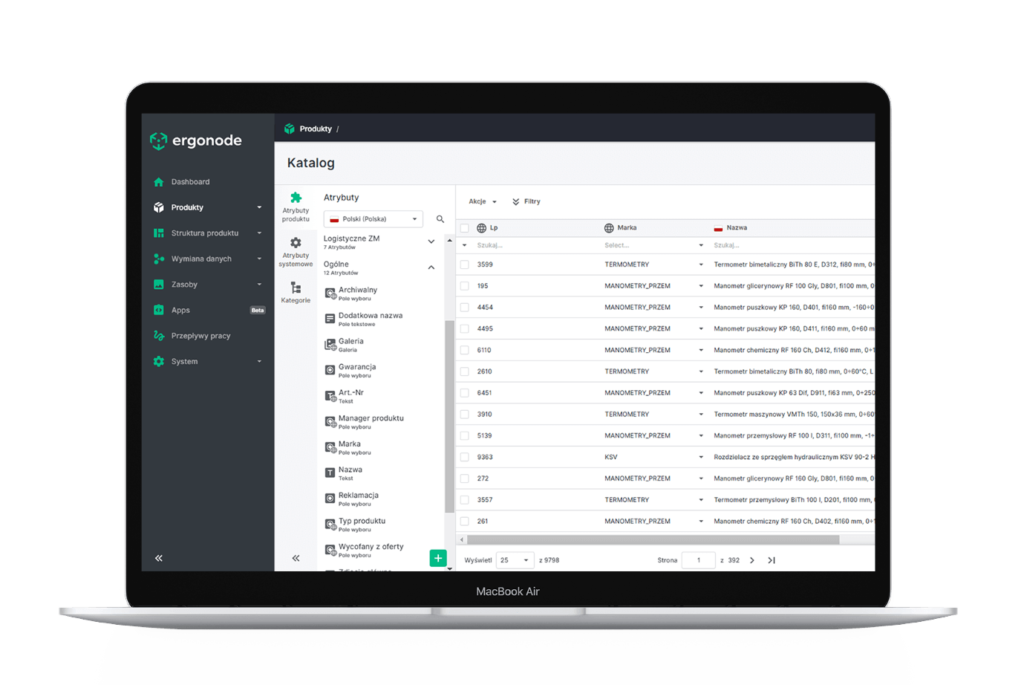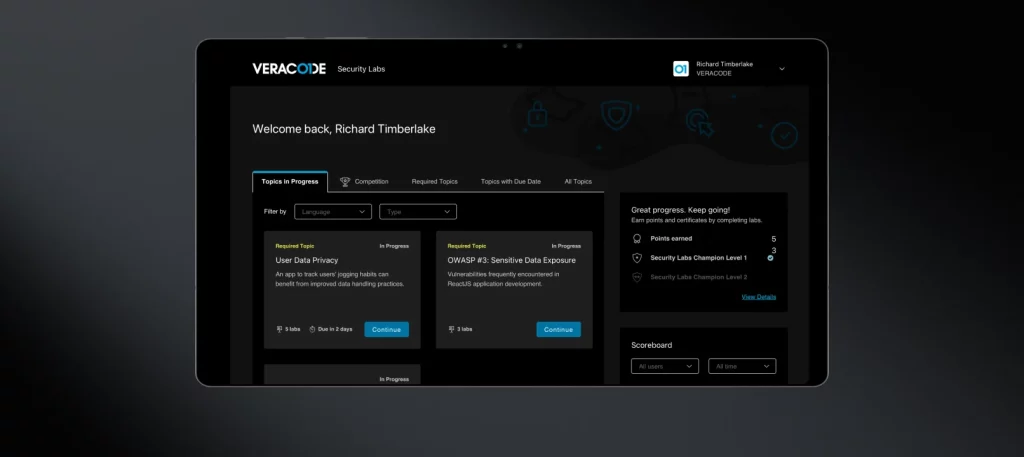AFRISO: PIM implementation for multilingual B2B platform
Services
- PIM Implementation
Technologies
- Ergonode
- PHP
- Symphony
- AWS
- MySQL
Challenges and business needs
Our client chose to implement a PIM system to centralise all product data in one place, which in turn enabled easier management of information and more efficient transfer to other applications or websites. The key challenges in the project were the multilingual nature of the PIM platform and the need to proactively monitor the validity of certificates.
Additionally, an essential issue for the client was enabling multiple users and departments of the company to work on products simultaneously and ensuring that the relevant product data and certificate details would be easily accessible in various systems within the company.
Our responsibilities
The steps we took in the project included:
- A comprehensive analysis of the product process and mapping of the client’s needs.
- Implementation and set up of PIM Ergonode and additional automation tools.
- Performing a two-way integration with the ERP system.
- Building a cloud-based solution and providing greater flexibility in operations.
- Creating a reusable API for web services.
Analysis and mapping of needs
To meet the client’s expectations, we carried out a comprehensive implementation of the PIM system, starting with an in-depth analysis of the product processing. We mapped all the client’s needs that should be addressed in the system, focusing on analysing the structures of product families and providing the ability to verify per family the level of product card completion. This allows AFRISO to monitor the progress and duration of work on the product, as well as easily check their stage and attributes fulfilment level, which ultimately results in high-quality product data.
PIM Ergonode deployment
Implementing Ergonode’s PIM system at the client’s platform also allows for seamless verification of the validity of product certificates. We have implemented a tool that sends notifications to appropriate employees, reminding them of the upcoming certificate expiration date. This solution significantly improves and automates the work of operators and people responsible for ensuring the continued relevance of these documents, thus minimising the risk of outdated versions appearing on the sales platform.

Integration with the ERP system
The project also included carrying out a two-way integration with the ERP system. In the first stage of the work, we extracted product data from this system so that in the next stage, after the implementation of PIM and the completion of information in it, we could re-export specific data to ERP. Currently, the product path begins in PIM – which is where product cards are created and updated with descriptions, photos, certificates, and any other relevant information. As a result, PIM serves as a central point for product data management and helps ensure that information is consistent and up-to-date.
Flexibility of cloud solutions
Notably, the application that runs PIM is built on the AWS cloud solution, ensuring the high performance of the conducted integrations, and allowing for smooth synchronisation, normalisation, and transfer of product information.
Additionally, the proposed solution enabled the client to introduce a status system that allows multiple departments to work on the same product at the same time. Doing so ensured the ability to monitor who is making changes to the product at any given time, what is the status of the item, and whether it is ready for publication or export to other systems or the website.
Reusable API
During the PIM implementation, there was also a need to create a reusable API for web services, which would enable access to be easily granted to different users or contractors. The implementation of such a solution allows the data aggregated in PIM to be delivered to web services in the appropriate structure and language assigned to the selected page.
PIM implementation impact
Due to good collaboration with the client and the effective introduction of new procedures within the organisation, the implementation of PIM went very smoothly.
The client’s employees were trained on using the new system, its functionalities, and ways to add product information and manage this data. The dissemination of this knowledge helped greatly simplify the work on products while maintaining the highest possible quality of information presented on the B2B platform.
The deployed tool made it easier to view product statuses and monitor their readiness for synchronisation and publication. The solution benefited not only employees, but also management and decision-makers by facilitating their analysis of product statistics and the performance of their operations. The comprehensive implementation of PIM Ergonode allowed our client to achieve increased efficiency and gave them a competitive edge in the B2B market.
CONTACT


